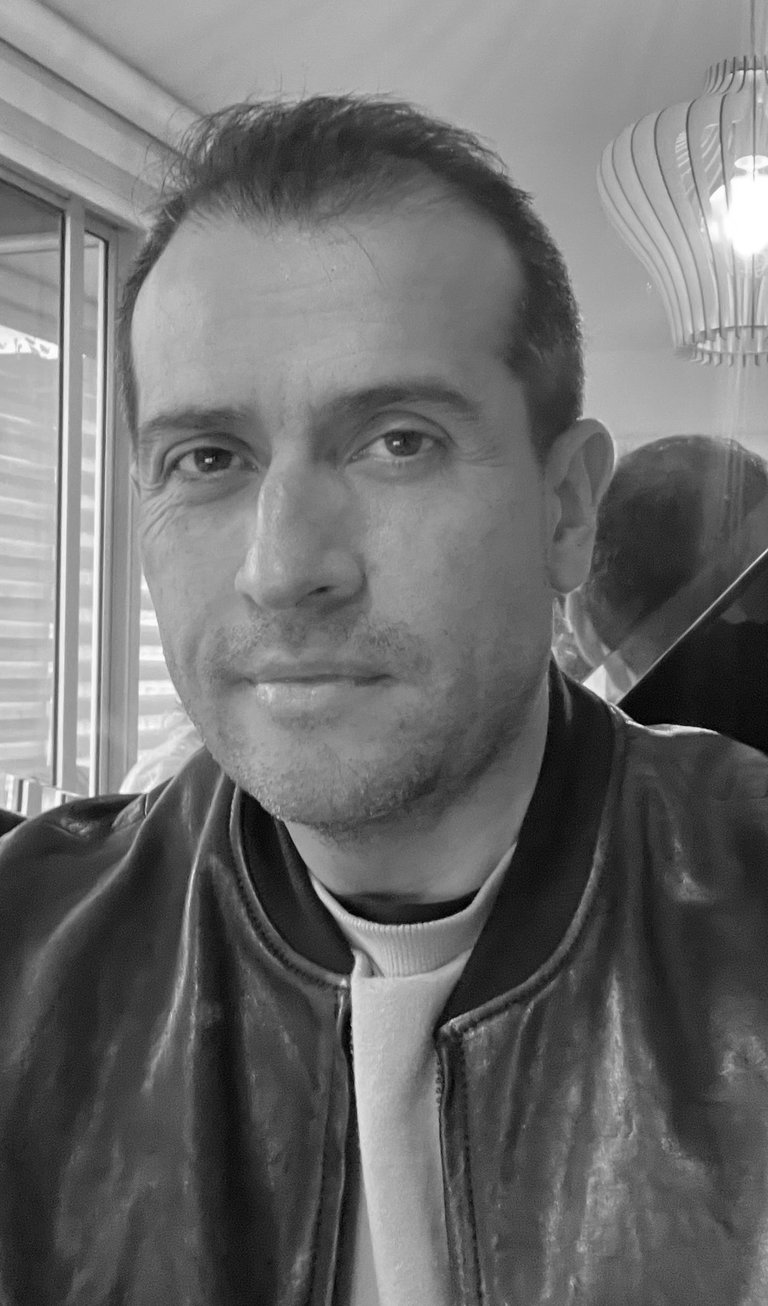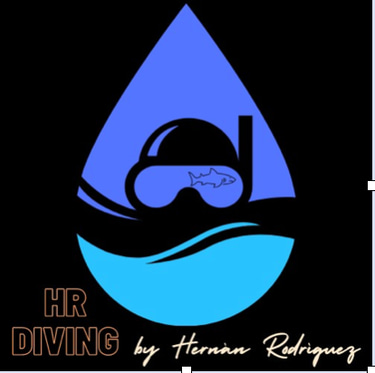A Man's Tale of Survival at Sea: Three Days Adrift
Hernán Darío Rodríguez shares his harrowing experience after a diving accident in Malpelo, Colombia. Adrift in the Pacific Ocean for three days, he faced immense challenges, testing his resilience, courage, and the power of the human spirit in the fight for survival against overwhelming odds.
5/8/20242 min read


Survival, Resilience, Courage
Darío Brooks
Author's Title, BBC Mundo
September 8, 2016
Two hours before the rescue, despair was reaching the forefront of Hernán Darío Rodríguez's mind.
He had been at sea for almost 48 hours alongside Jorge Iván Morales, both lost, with only the diving equipment they had carried.
Hernán had just lost the mask that protected his face.
"It was a devastating blow to my spirit, because it's one of the basic elements that helped keep us alive," the 37-year-old Colombian told BBC Mundo.
More than 40 hours had already passed without sleep, without drinking water, or tasting food, and at one point, as he fell asleep, Hernán lost the mask of his suit.
Everything seemed to be against him.
They were thinking about how they could take turns wearing the mask they had left over the next few hours when they heard the sound of an engine in the distance.
A search plane flew by, further infuriating them.
"Hopelessness gripped us. And about 15 minutes later, we saw a dot in the air and saw the plane returning. We were sure the plane was looking for us," Hernán recounts.
"I felt an incredible surge of energy that swept through me from head to toe. A tremendous sense of happiness because my spirits were so low."
The rescue after two days in the water continued with grueling hours in which they considered the worst-case scenarios, but kept their minds occupied and worked as a team to survive.
"We talked about suicide."
The group of 12 divers, three instructors, and the crew of the María Patricia boat had set sail from Buenaventura, Colombia, on August 25 and had a journey of more than 30 hours to Malpelo.
Hernán, Jorge, Érika Díaz, Paul Morse, and instructor Carlos Jiménez were on their last dive of the expedition on August 31st when an undertow pulled them away from their boat around 4:30 p.m.
Although they were relatively close to each other when they surfaced, the tide began to separate them further and further, both from each other and from the boat and Malpelo Island.
Hernán, who has 10 years of diving experience, stayed with Jorge, and as time wore on and darkness fell, problems began to arise.
They tied themselves to each other to keep warm; they used ropes to float in the water in a fetal position and avoid swimming fatigue; they used deflated locator buoys to cover their necks after being stung by jellyfish.
"We couldn't afford to sit and talk about how difficult the situation was. All we were doing was trying to spend time trying to solve problems," says Hernán.
"But you can't deny the fact that we were alone, in tremendous darkness, in the cold, at risk of animal attacks, at risk of hypothermia."
Large groups of hammerhead sharks pass through that area, which is one of the attractions for divers, but attacks on humans are rare.
Hernán and Jorge tried to keep their minds occupied, but negative thoughts were impossible to erase as the hours passed.
"These are moments when you have to address all the issues. Even if we didn't like it, we had to accept the reality that when the time came, if a lot of time passed and nothing happened, neither of us wanted to suffer," Hernán recalls.
"We had even talked about suicide. We had talked about how we would make the decision, what option we could use. One of those options is always death."
